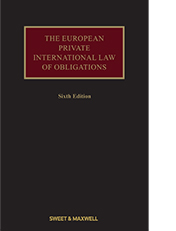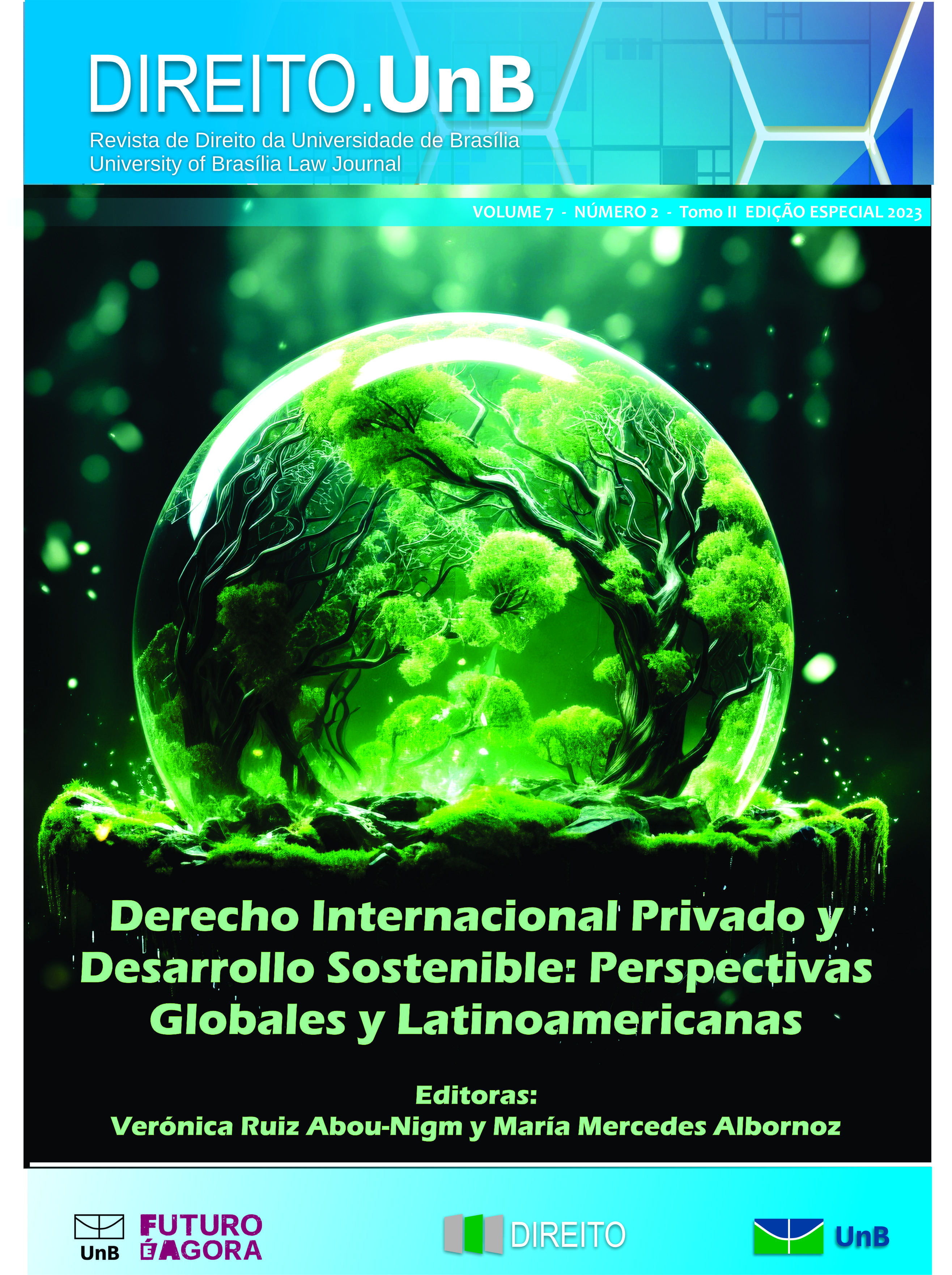New Private International Law Article published in the Journal of the History of International Law
Yesterday, a new private international law open access article was published online in the Journal of the History of International Law. It is titled: León Castellanos-Jankiewicz, “A New History for Human Rights: Conflict of Laws as Adjacent Possibility.” The abstract reads as follows:
The pivotal contributions of private international law to the conceptual emergence of international human rights law have been largely ignored. Using the idea of adjacent possibility as a theoretical metaphor, this article shows that conflict of laws analysis and technique enabled the articulation of human rights universalism. The nineteenth-century epistemic practice of private international law was a key arena where the claims of individuals were incrementally cast as being spatially independent from their state of nationality before rights universalism became mainstream. Conflict of laws was thus a vital combinatorial ingredient contributing to the dislocation of rights from territory that underwrites international human rights today.
It is worth noting that the author states that in the acknowledgement that: “An earlier version of this article was awarded the inaugural David D. Caron Prize by the American Society of International Law during its 2019 Annual Meeting held in Washington D.C.”

 Croatian Academy of Science and Art
Croatian Academy of Science and Art In the Airmeex case (Civ. 1re 27 septembre 2023, n°22-15.146, available
In the Airmeex case (Civ. 1re 27 septembre 2023, n°22-15.146, available 
